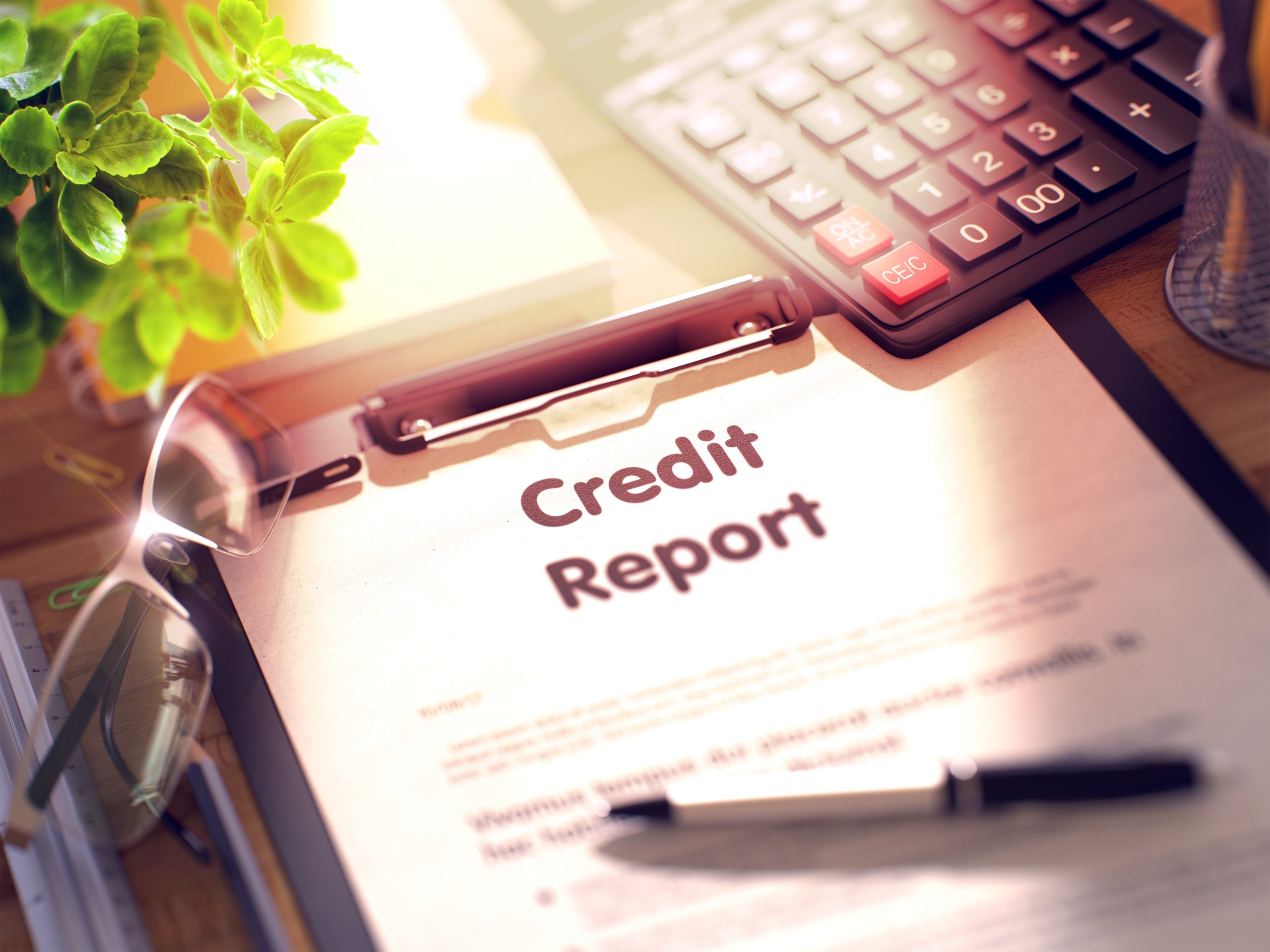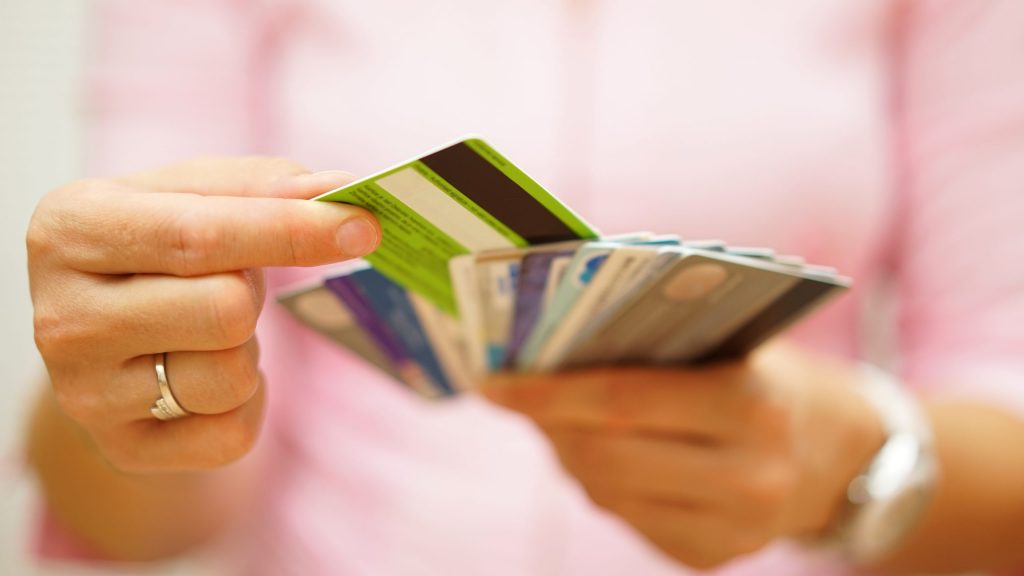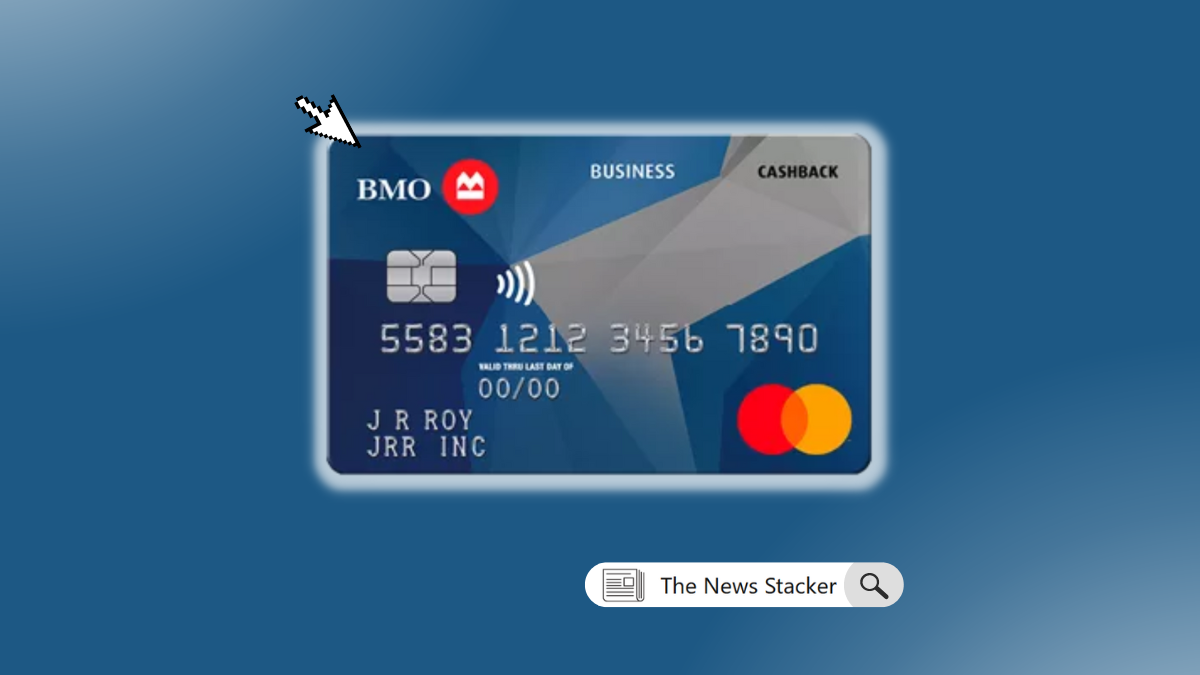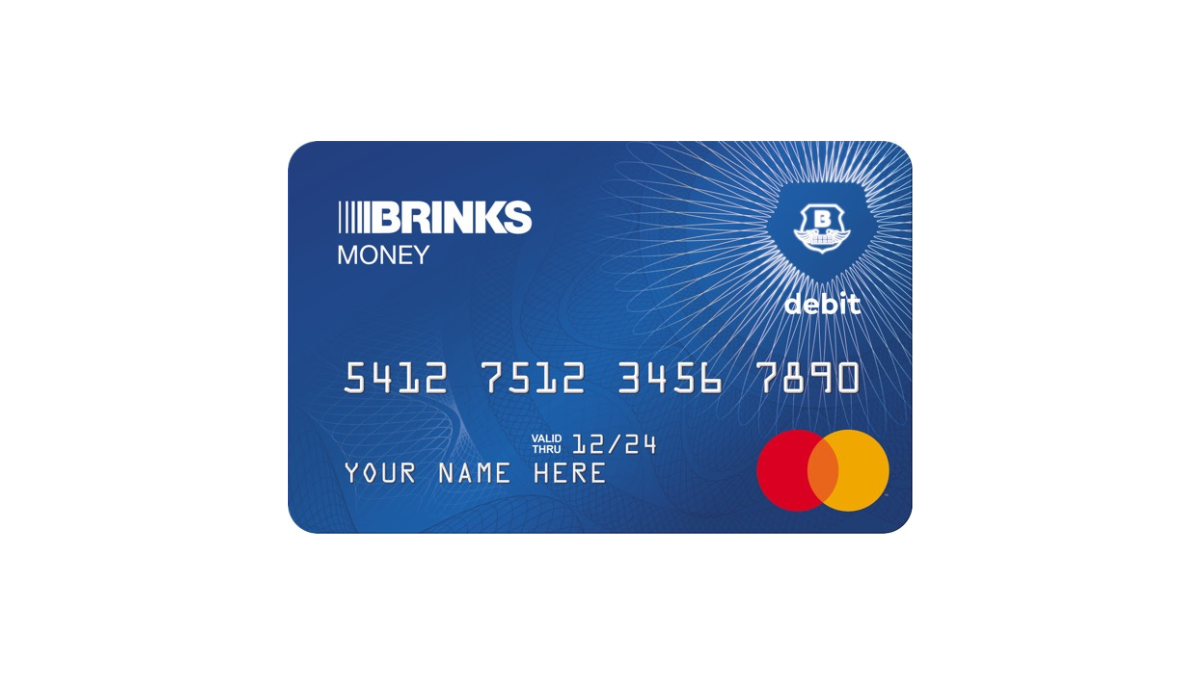Credit Cards (US)
Learn how to choose your first credit card
Being new to credit means you don’t have a long credit history or a lot of creditworthiness to begin with. But there are plenty of credit cards in the market that can fulfill your needs and help you get started.
Advertisement
Here’s everything you need to know to start your credit journey the right way

Before you apply for your first credit card, you need to understand that there’s a learning curve to do so. The U.S. credit system is a complex one by itself.
Then, there’s the complicated jargon and hundreds of card options to choose from. Once you understand how the first part works, the second part is no less complicated.

The 5 Best Places to Find Your Credit Score Report
A good credit score allows you to get lower interest rates on loans, qualify for better loan terms, and can even help you purchase a home.
For example, how can you build your credit to improve your score if no issuers are inclined to give you a card if you have no credit history? It all can be overwhelming, for sure.
However, there are solid reasons to get that first credit card. Mainly the ability to build a good credit history and a healthy credit score.
Your credit score is a three-digit number that constitutes your creditworthiness. That number has a high impact on pretty much everything financially.
From whether you can rent an apartment to the interest you’ll pay on an auto loan or a mortgage. It also means how many financial options you’ll have available to you in the future.
In this article, we’ll go over everything you need to know before applying for your first credit card.
You’ll learn how they work, how you can choose the right card for your finances, how you can apply for one and how to successfully build your credit score.
Basic knowledge about how credit cards work

A credit card is a plastic card that gives you the ability to borrow money from a lending institution, up to a certain limit.
When you make a purchase with your credit card, you are essentially borrowing that money from the lender and agreeing to pay it back, plus interest, over time.
The interest rate on your credit card will depend on the type of card you have and your credit history. The same happens to your spending limit, which is the maximum amount you can purchase with that card.
So when you apply for your first credit card, your credit limit will most likely be lower.
Sensible use, like paying your bill in full and on time, will show the financial institution that you’re financially responsible and they might offer you a limit increase.
If you decide to carry a balance on your credit card (i.e., you don’t pay off your full balance each month), you will be charged interest on that outstanding balance.
The longer you carry a balance, the more interest you will accrue. That’s why it’s generally recommended that you pay off your credit card balance in full each month.
Carrying a balance can also harm your score in the long run.
Check if you are pre-approved for credit cards and loans with no impact to your credit score
You will be redirected to another website
You’ll receive messages for less than 1 week, with a maximum of 1 message per day. You can unsubscribe anytime by replying STOP. By submitting this form, I confirm that I am 18+ years old and agree to the Privacy Policy and Terms and Conditions. I also provide my signature, giving express consent to receive informational messages via automated emails, SMS, MMS text messages, and other forms of communication. Message frequency may vary as part of our good-faith effort to respond to your inquiry. Message and data rates may apply. Text STOP to cancel. I understand that my consent to receive communications is not a condition of purchase and that I may revoke my consent at any time.
How to choose the right first credit card?
You probably have a lot of questions when it comes to picking your first card. How do you know which card is right for you?
What are the best first-time credit cards? And what’s the difference between a secured and unsecured credit card?
When it comes to picking your first credit card, the most important thing to consider is your credit history.
If you have a good score, then you’ll likely be able to qualify for a traditional unsecured credit card.
However, if you have bad or no credit, then you’ll need to apply for a secured credit card. A secured credit card requires a deposit, which is used as collateral in case you default on your payments.
If you’re a student, there are plenty of credit cards available specifically for your situation. You might even get some interesting rewards in purchases and exclusive student perks.
Once you’ve decided whether you need a secured or unsecured card, it’s time to start shopping around.
There are literally thousands of different credit cards available, so it’s important to compare offers and find the one that best suits your needs.
When comparing offers, be sure to pay attention to the APR, annual fee, and rewards program.
Also, make sure to read the fine print carefully so that you understand all of the terms and conditions before applying.
How does a credit card help your credit building?

First, make sure to use it regularly. This doesn’t mean going out and charging everything in sight.
But using your card for small purchases on a regular basis will help show that you’re a responsible borrower.
Additionally, be sure to make your payments on time and in full each month. This will help improve your credit score over time.
Second, keep your credit utilization low. This means using no more than 30% of your available credit at any given time.
So, if you have a $1,000 limit, try to keep your balance below $300 at all times. This will help demonstrate to lenders that you’re capable of managing your debt responsibly.
Finally, don’t close unused credit accounts. Having a longer history of good credit behavior will further improve your score.
So even if you don’t use a particular credit card often, it’s still worthwhile to keep the account open and active.
By following these simple tips, you can start building your credit and improving your financial future!
What to avoid after getting your first credit card
First, don’t let your balances get too high. Credit scoring models penalize borrowers who carry large balances on their credit cards from month to month.
So even if you’re paying off your balance in full every month, you could still be damaging your credit score if your balances are too close to your credit limits.
Second, don’t miss any payments. Payment history is one of the most important factors in determining your credit score.
So even if you’re only a few days late on a payment, it could have a significant impact on it.
By avoiding these common mistakes, you can help keep your credit score healthy and improve your chances of getting approved for new lines of credit in the future.
Learn what a secured card is
If you’re intent on getting your first credit card, a safe way to do it is to apply for a secured card. While it requires a security deposit, it’s a good way to help you manage your finances.
There are a number of secured cards with no fees, and some even offer rewards on purchases.
Follow the link below to learn more about secured cards, how they work and what they can do for your financial life.

Learn what a secured card is and how they work.
A secured credit card can help you rebuild or establish your credit history. Learn more about how they work, eligibility requirements, and benefits here.
Trending Topics

Google Maps secret places: 6 locations that are hidden from you!
Ever heard about the Google Maps secret places? Read on to learn about the hidden places that you can’t access in real life.
Keep Reading
See how to apply for the BMO CashBack Business Mastercard Credit Card
Discover how you can easily apply for the BMO CashBack Business Mastercard credit card and save money on your business purchases!
Keep Reading
Best platinum credit cards: the TOP 5!
We reviewed five platinum credit cards to help you decide which is right for you. Find out who offers the best rewards, perks, and more.
Keep ReadingYou may also like

Pre-approval for House Loan: Secure Your Dream Home!
The key to unlocking your dream home! Explore the importance of pre-approval for a house loan and how it can simplify your journey!
Keep Reading
Series that will return in 2023 streaming services
Wondering what new series to watch next? Check out our list of series that will return in 2023! Includes both old and new favorites.
Keep Reading
Brink’s Prepaid Mastercard® Review: Hassle-Free Banking and Rewards!
Unlock the power of Brink's Prepaid Mastercard® with this review. Get paid faster, earn rewards, and control your finances effortlessly.
Keep Reading